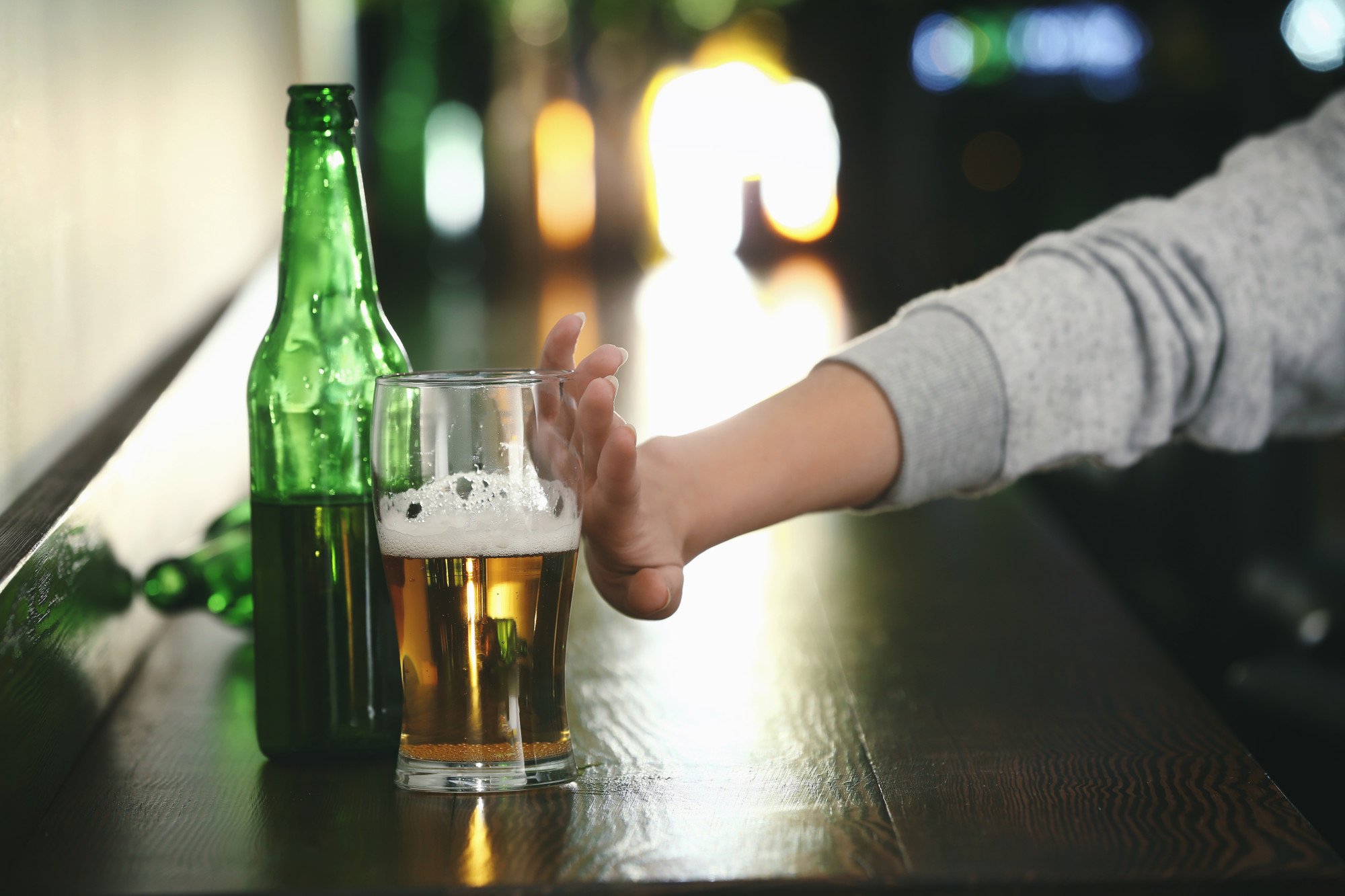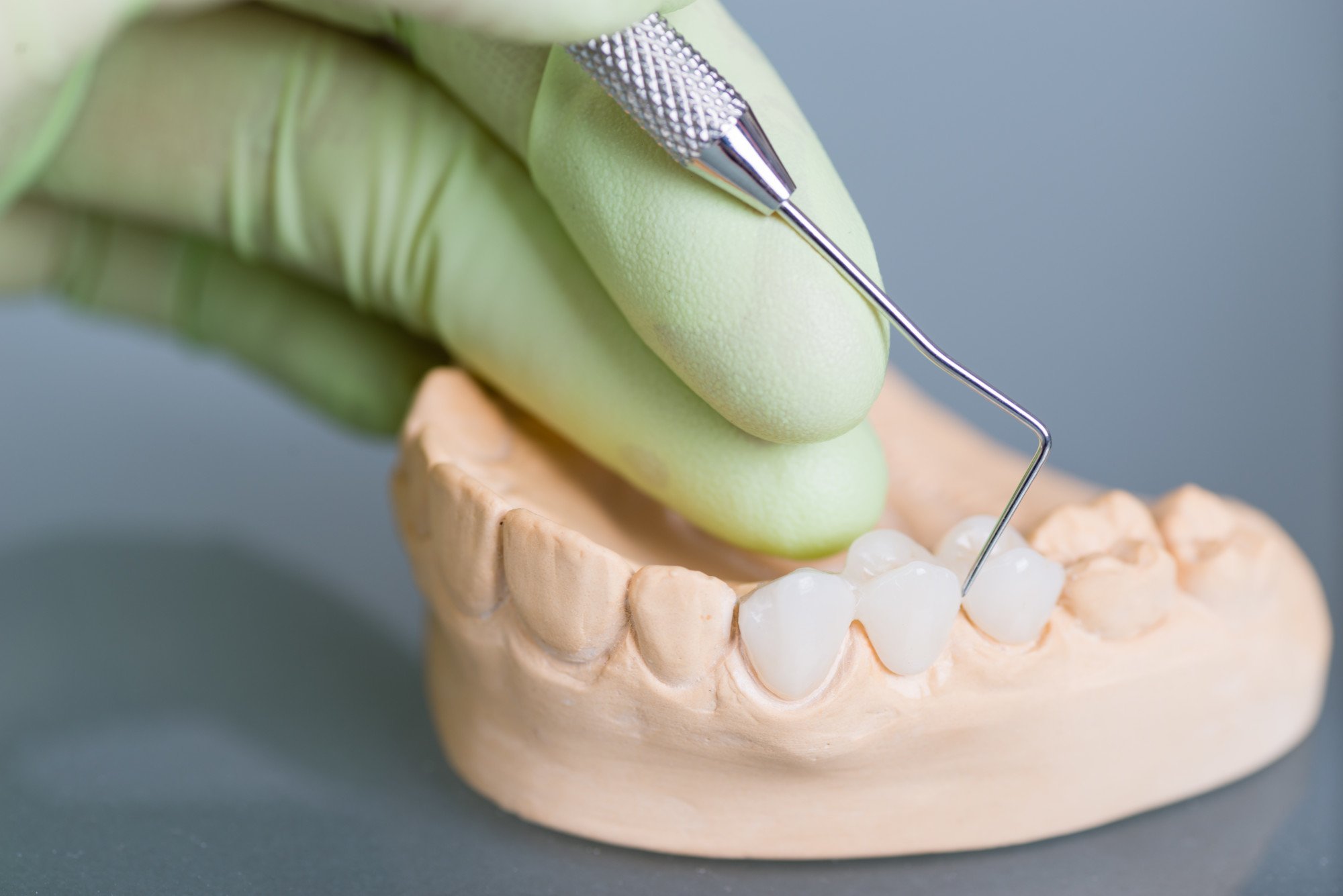
Are you looking for answers on how to stay sober without AA? You are in luck! This blog post will give you nine tips that can help you stay sober without relying on Alcoholics Anonymous.
From setting up incentives to relying on your closest circle of support, you can set yourself up for success in no time! So buckle up and get ready for an exciting journey toward a sober lifestyle.
1. Identify Your Triggers
The first step in staying sober without AA is identifying your triggers. Try to become aware of what situations, people, or emotions make you want or need to drink or use drugs. Once you’re aware of and can anticipate these triggers, you can work to develop healthier responses and coping mechanisms for them.
2. Find Support From Family and Friends
Make sure to reach out to those closest to you when you feel the urge to drink. Let them know how they can help you, such as accompanying you to activities or meetings away from bars or liquor stores.
Additionally, don’t be afraid to talk to your friends and family about your journey and ask them to support you. This could include preparing meals or being present when you feel the urge to drink.
Moreover, if you don’t live close to your family and friends, you can still communicate with them through social media or video calls. Support and encouragement from people you care about can do wonders for your motivation and morale.
3. Talk to a Counselor
Staying sober without AA can be done with the help of counselors. First, it is important to find a counselor specializing in addiction, alcoholism, sobriety, and mental health. This will ensure that the coach understands your unique struggles.
Speak with the counselor regularly to discuss and work through problems associated with sobriety and addiction. Discussing triggers and tough times, such as holidays, will help the counselor prepare strategies. To get started, you may visit this Mental Health Treatment in Ohio and check the services they offer.
4. Change Your Environment
Taking yourself out of your typical places and routines can provide a much-needed break from triggers and other people who may enable you. Make a list of activities and places you can go to that are completely ‘alcohol-free’ zones – like beach trips, museums, libraries, movies, etc.
Going out and meeting new people with the same commitment to sobriety as you are is also a great idea. Getting involved in local activities like volunteering, attending recovery meetings, or going to the gym can help keep you connected with a sober social community.
5. Work Out
Exercising is a great tool to help support someone quitting alcohol. Regular exercise can help relieve stress and help maintain mental health. Exercise also helps release endorphins, which helps to boost energy and mood.
Workouts such as weight lifting and running can also help to redirect attention away from cravings naturally. Additionally, keeping a routine gives someone control and consistency to reduce the risk of relapse.
Creating a gym membership, finding an outdoor walking trail, or taking up a team sport can even help build a sober support system of people to lean on.
6. Join an Online Community
Joining an online community dedicated to sobriety is one of the best ways to stay sober without going to AA. Not only can you find helpful tips and resources from other community members. But having supportive peers to connect with can help to keep you motivated and on track.
Joining an online group or forum can also provide you with helpful advice to navigate challenging situations without reverting to alcohol. Additionally, it can be a great source of activities or hobbies to fill the time you may have previously spent drinking.
Furthermore, some online sobriety support groups offer accountability partners who can check in with you regularly to ensure you stay on the right path.
7. Write in Journals
Writing in a journal and other creative outlets can be immensely helpful in maintaining sobriety without AA. Writing can help SOs understand their emotions and feelings around substance abuse better. It can also be a great tool to cognitively recognize the triggers and figure out ways to handle them more healthily without resorting to substance abuse.
Writing can also be a great way to record progress, victories, and milestones in recovery that can be looked back on for motivation. In addition to writing, reading self-help books can be beneficial in recovery.
8. Recognize Past Mistakes
Recognizing past mistakes is an essential first step to staying sober. To stay sober, it is important to look back and acknowledge the error of one’s ways. This acknowledgment can help individuals feel empowered and better equip them to prevent repeating the same mistake.
Individual efforts to learn from past mistakes should include: firstly, reflecting on the detrimental consequences of these mistakes and the impact they had on one’s life; secondly, engaging in self-reflection of why these mistakes were made in the first place; and finally, seeking out helpful and supportive people who can help hold one accountable for their sobriety journey.
These efforts are necessary to ensure that individuals are equipped with the courage and strength to not succumb to the urge to drink again in the future.
9. Celebrate Milestones
Celebrating milestones is a great way to stay motivated in your sobriety. When you hit a month of sobriety, six months, one year, or anything else, celebrating that milestone can be a way to remind yourself of how far you have come.
You can celebrate with others, have a party, or treat yourself to something special. A great way to celebrate milestones is to make a trophy of sorts that is associated with your sobriety. For example, you can make a bracelet or necklace for every six months of sobriety or make small awards for each milestone.
No matter what you do, proudly show off your accomplishments and pat yourself on the back for doing something good for yourself and your life.
You Can Learn How to Stay Sober Without AA
Our tips on how to stay sober without AA are just the start of your upcoming journey. AA is not for everyone, but there are plenty of resources available to help you stay sober.
Take advantage of these tips and professional support, such as counseling and recovery coaching, to achieve success. With patience and dedication, you can learn to manage your addiction and maintain a healthier lifestyle. Start making a commitment to stay sober today!
Please take a few minutes to explore our site and find more helpful articles!





